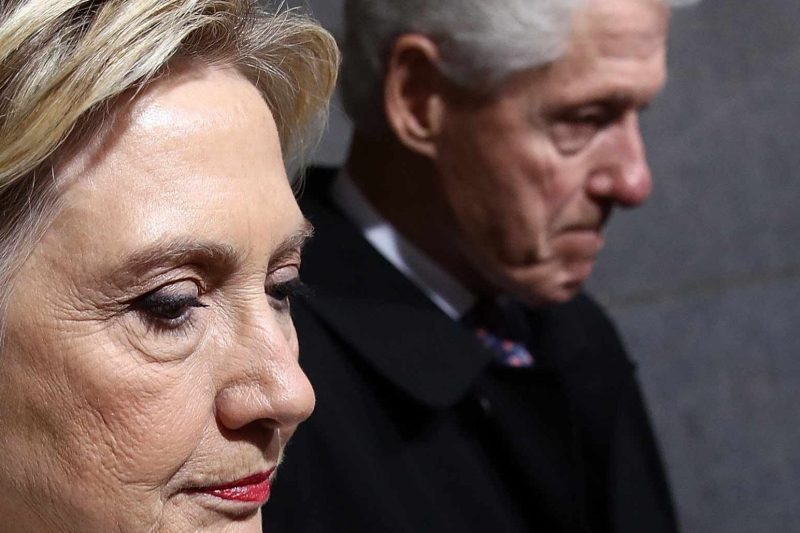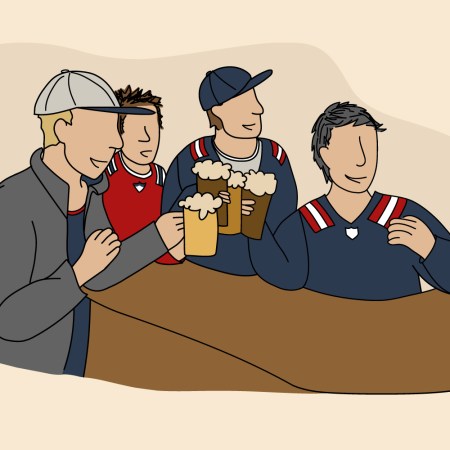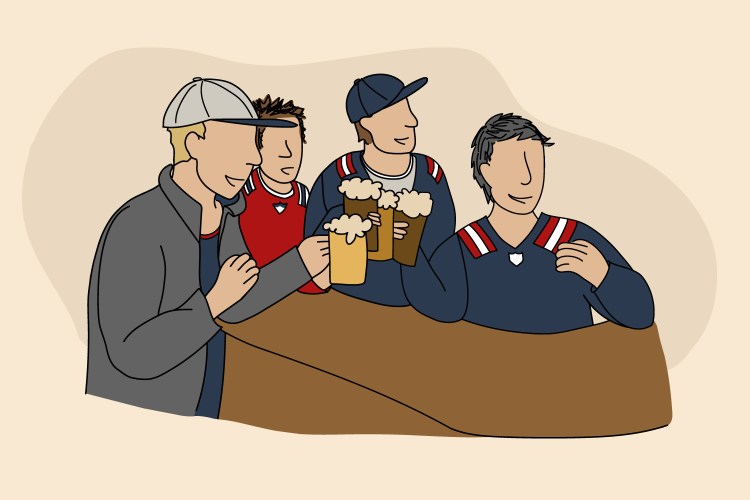Social media may have less to do with America’s current political divide than previously thought, a new study suggests.
Though newsfeeds on Facebook and Twitter are often referred to as “echo chambers,” safe spaces and a place for ideological insulation, economists from Stanford and Brown have concluded that political polarization has been on the rise in the United States irrespective of Internet use.
One day after Donald Trump’s presidential inauguration, an estimated 600,000 anti-Trump protestors fill the streets during the Women’s March on January 21, 2017 held in the area surrounding the Washington Mall.The National Bureau of Economic Research study published findings that many may find surprising: Individuals who are 75 and older, and who rarely go online, show the “furthest swing” of political ideology.

“In a nutshell, what we find is the groups that have the greatest propensity to get their news online are not the groups that have shown the biggest increase in polarization,” Jesse Shapiro of Brown University told Esquire.
Supporters of President Donald J. Trump after the inauguration ceremony January 20, 2017 in Washington, DC.“A lot of people believe polarization is on the rise in the U.S., and a lot of have attributed that to the roll of online news and social media, in particular with the idea that online media creates echo chambers where people only hear their own opinions,” he said. “[Our] evidence does not square with the simplest version of that narrative.”
Take a deeper dive into Esquire’s story, and the study, here.
This article was featured in the InsideHook newsletter. Sign up now.























